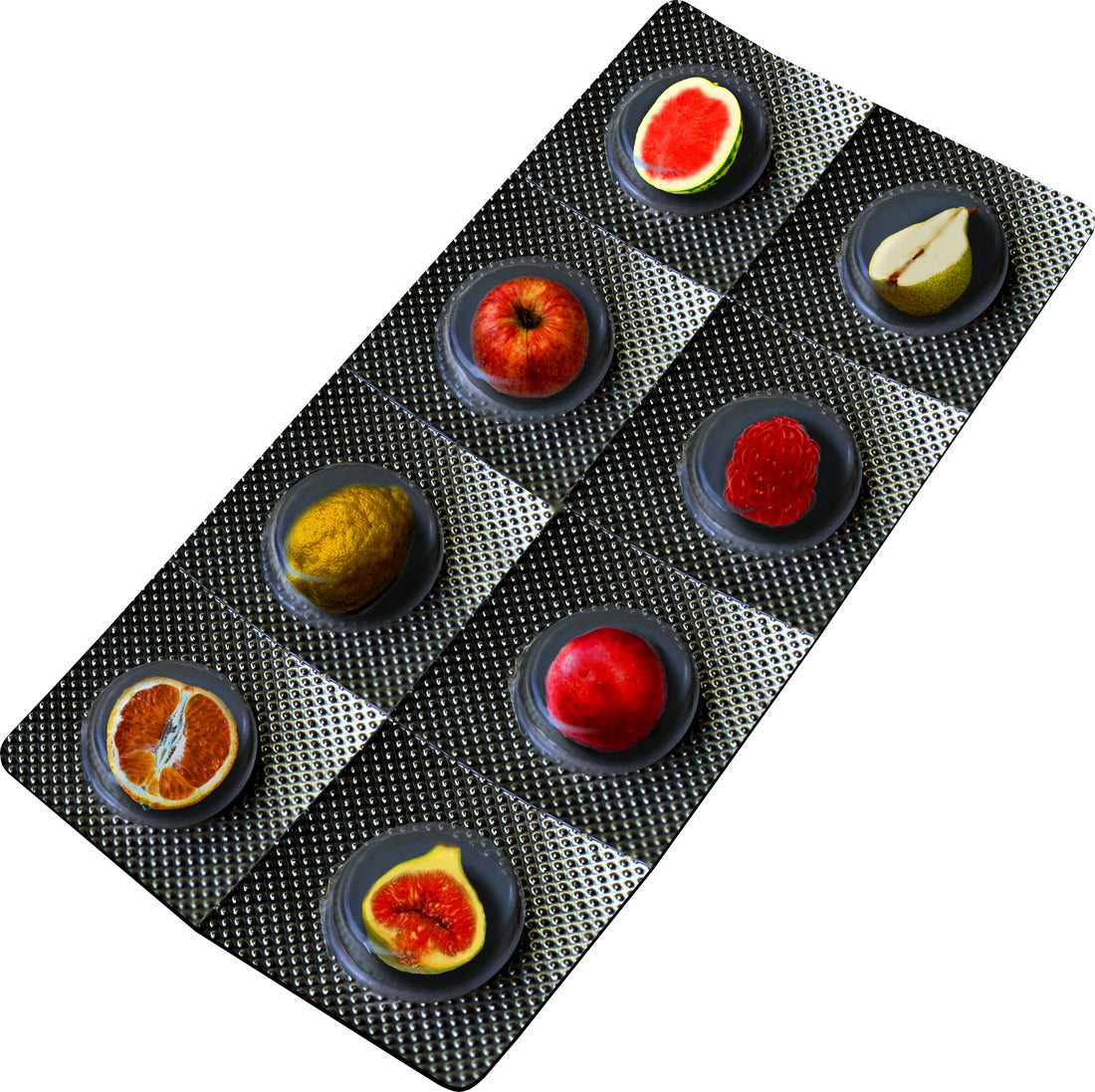
How Does Zinc Supplementation Support Immune System Functions?
Share
Zinc is an essential nutrient that is necessary for the healthy functioning of the immune system. It is a trace element, the lack of which can make a person susceptible to several immunological diseases including infections and allergies. A deficiency of zinc can also affect immunological functions critical for inhibiting cancer, inflammation, and oxidative stress. Hence, there is a need to understand the importance of zinc supplementation for restoring health.
How does zinc supplementation help to improve immunity?
Controls inflammation

During a chronic deficiency of zinc, the secretion of pro-inflammatory cytokines by these immune cells increases thus influencing the outcomes of inflammatory diseases, negatively.
The role of zinc in the pathogenesis of diseases linked to chronic inflammation has been evaluated during several research studies.
It has been found that zinc is involved in mechanisms that regulate homeostasis and its effects on the immune response that are implicated in the development of inflammatory diseases like rheumatoid arthritis.
Zinc works as a modulator for the response of immune cells through its availability that is synchronized by several regulators and transporters.
The disturbance in this mechanism can reduce Zinc availability thus affecting the survival, differentiation, and proliferation of cells of different organs, particularly the cells of the immune system.
As a result, zinc deficiency may affect the functions of innate and adaptive immunity. It can also hamper the activities of immune cells such as monocytes, polymorphonuclear cells, natural killer cells, T cells, and B cells.
During a chronic deficiency of zinc, the secretion of pro-inflammatory cytokines by these immune cells increases thus influencing the outcomes of inflammatory diseases, negatively. This can worsen the symptoms of rheumatoid arthritis and accelerate joint damage.
The results of these studies have suggested that the use of zinc supplementation may restore healthy immune system functions and control inflammation thereby preventing the risk of these diseases.
Anti-cancer effect

The anti-cancer action of zinc could be attributed to its immunomodulatory and antioxidant properties.
Immunological imbalances caused due to the deficiency of zinc is closely linked to a higher risk of cancer. Epidemiological studies have revealed that the lack of zinc in the regular diet can reduce the ability of immune cells to resist cancerous changes in healthy tissues.
The use of zinc supplementation, on the other hand, has been shown to produce an anti-cancer effect. The apparent anti-cancer action of zinc could be attributed to its immunomodulatory and antioxidant properties. It can support the ability of immune cells to target and destroy free radicals and thus, aid in inhibiting the growth and progress of cancer mass.
The influence of zinc on the immune system can also help to regulate the activities of the transcription factors, as well as cell proliferation and differentiation, and the synthesis and repair of RNA and DNA. These benefits of zinc can aid in the improvement of immune system functions and help to minimize the risk of cancer.
Zinc may also support the stabilization of the cell structure and the regulation of cellular signaling thereby supporting the faster recovery of cancer patients.
Antiviral properties

The immunity-boosting action of zinc may act synergistically when it is co-administered with antiviral therapies, as demonstrated in patients with viral infections like HIV, hepatitis C, and COVID-19.
Administration of zinc supplementation has the potential to activate the immune system and boost antiviral immunity, both humoral and innate, thereby reducing the risk of serious viral infections. It may also restore depleted immune cell functions and strengthen the defense functions of the body in elderly and immunocompromised patients.
The immunity-boosting action of zinc may act synergistically when it is co-administered with antiviral therapies, as demonstrated in patients with viral infections like HIV, hepatitis C, and COVID-19.
The effectiveness of zinc against viral species is believed to be realized through physical processes like virus attachment, and uncoating. Zinc can also protect and stabilize cell membranes and thus, block the viruses from entering the cells. These properties of zinc could be beneficial in the management of viral infections.
Based on the findings of these research studies, it may be hypothesized that zinc supplementation could help in the prevention and treatment of viral infections, and other immunological disorders like arthritis and cancer. It is possible to enhance these benefits of zinc by using it with other immunity-boosting supplements like BioPro-Plus.
Zinc is included in BioPro-Plus and works synergistically to help strengthen immunity and improve the body’s response to infections, inhibit inflammation and oxidative stress thereby aiding in the restoration of optimum health.
Read More:
Decline Of Nutrients in Our Food and Vitamin & Mineral Supplementation
